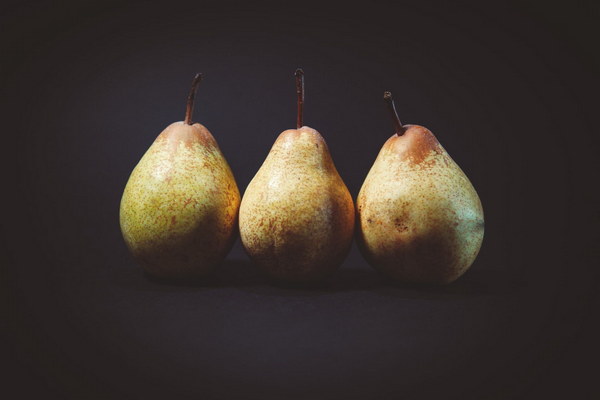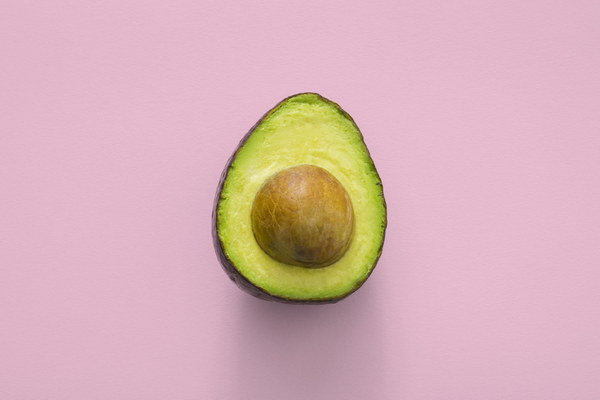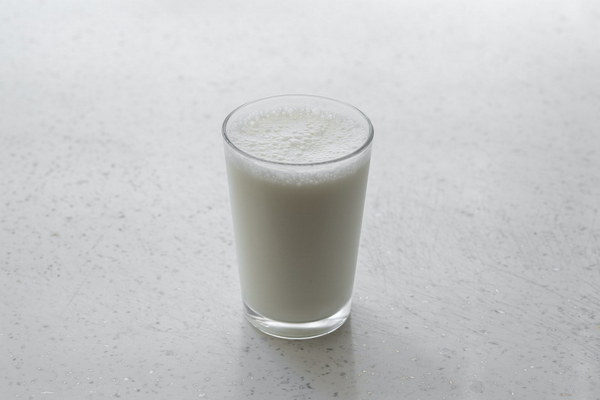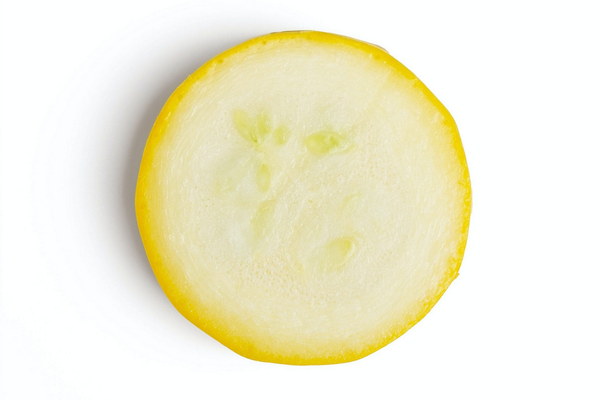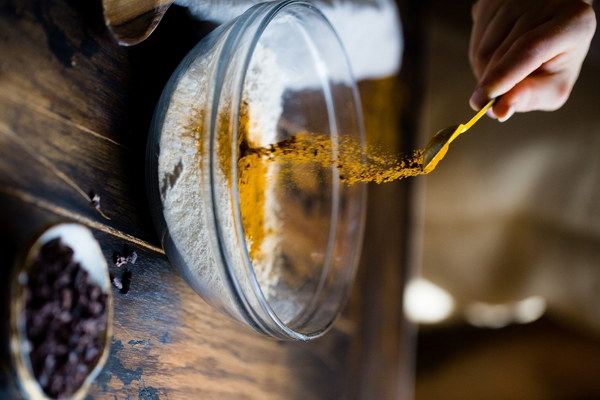Breath of Health How to Nourish Your Lungs with a Balanced Diet
Introduction:
The lungs are vital organs responsible for oxygenating our blood and expelling carbon dioxide. Maintaining their health is essential for overall well-being. While medical treatments and exercises play a significant role, our diet can also significantly impact lung health. In this article, we will explore how to nourish your lungs with a balanced diet and simple lifestyle adjustments.
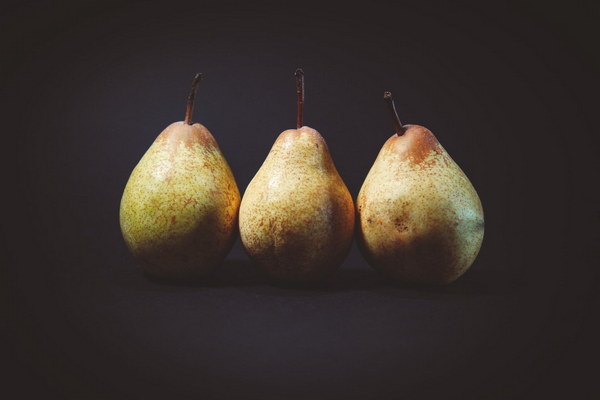
1. Increase Your Intake of Antioxidants
Antioxidants help protect your lungs from oxidative stress caused by free radicals. Include the following antioxidant-rich foods in your diet:
- Berries (strawberries, blueberries, raspberries)
- Leafy greens (spinach, kale, and Swiss chard)
- Nuts (walnuts, almonds, and Brazil nuts)
- Beets
- Red bell peppers
- Tomatoes
2. Consume a Variety of Fruits and Vegetables
A colorful array of fruits and vegetables provides a wide range of vitamins, minerals, and antioxidants. Aim for at least five servings of fruits and vegetables per day, and include a variety of colors to ensure a diverse nutrient profile.
3. Opt for Healthy Fats
Healthy fats, such as omega-3 fatty acids, help reduce inflammation in the body, which is beneficial for lung health. Incorporate the following healthy fats into your diet:
- Fish (salmon, mackerel, and sardines)
- Flaxseeds and chia seeds
- Avocado
- Olive oil
4. Include Protein-Rich Foods
Protein is essential for maintaining lung function and repairing damaged tissues. Include the following protein-rich foods:
- Lean meats (turkey, chicken, and lean beef)
- Fish
- Eggs
- Dairy products (low-fat milk, yogurt, and cheese)
- Legumes (lentils, chickpeas, and black beans)
- Nuts and seeds
5. Stay Hydrated
Drinking plenty of water is crucial for maintaining lung health. Water helps to thin mucus, making it easier to expel from the lungs. Aim for at least eight glasses of water per day, or more if you are physically active or live in a hot climate.
6. Limit Processed Foods and Refined Sugars
Processed foods and refined sugars can lead to inflammation and other health issues that may impact lung function. Minimize the intake of these foods to promote better lung health.
7. Reduce Salt Intake
High salt intake can lead to fluid retention, which may increase the risk of lung disease. Limit your sodium intake to no more than 2,300 milligrams per day, or even less if you have existing lung conditions.
8. Avoid Smoking and Secondhand Smoke
Smoking is the leading cause of lung disease, including chronic obstructive pulmonary disease (COPD) and lung cancer. If you smoke, seek help to quit. Avoid secondhand smoke as well, as it can also be harmful to your lungs.
Conclusion:
Nourishing your lungs with a balanced diet and healthy lifestyle choices can significantly improve your overall well-being. By incorporating a variety of fruits, vegetables, healthy fats, and protein, while limiting processed foods and refined sugars, you can support lung health and reduce the risk of respiratory diseases. Remember, maintaining lung health is a lifelong commitment, and a balanced diet is just one piece of the puzzle.
